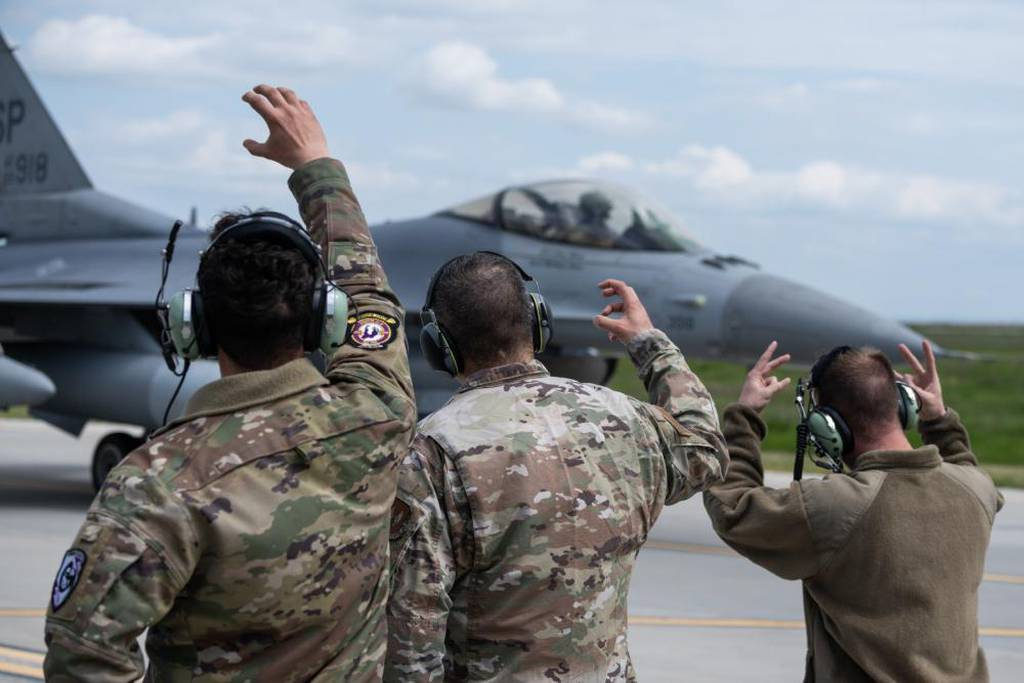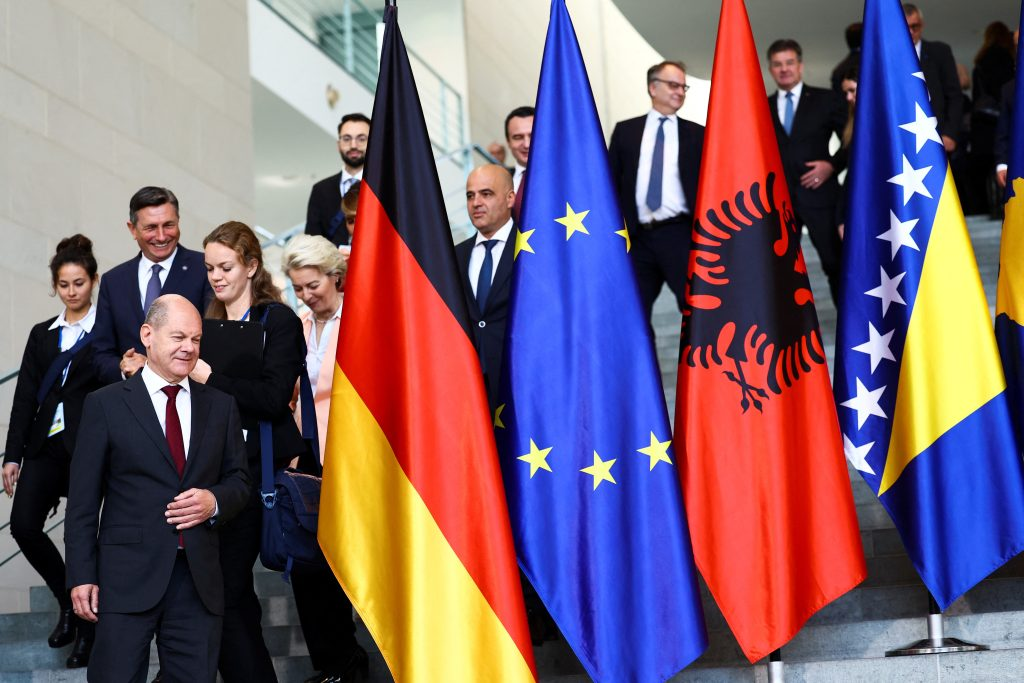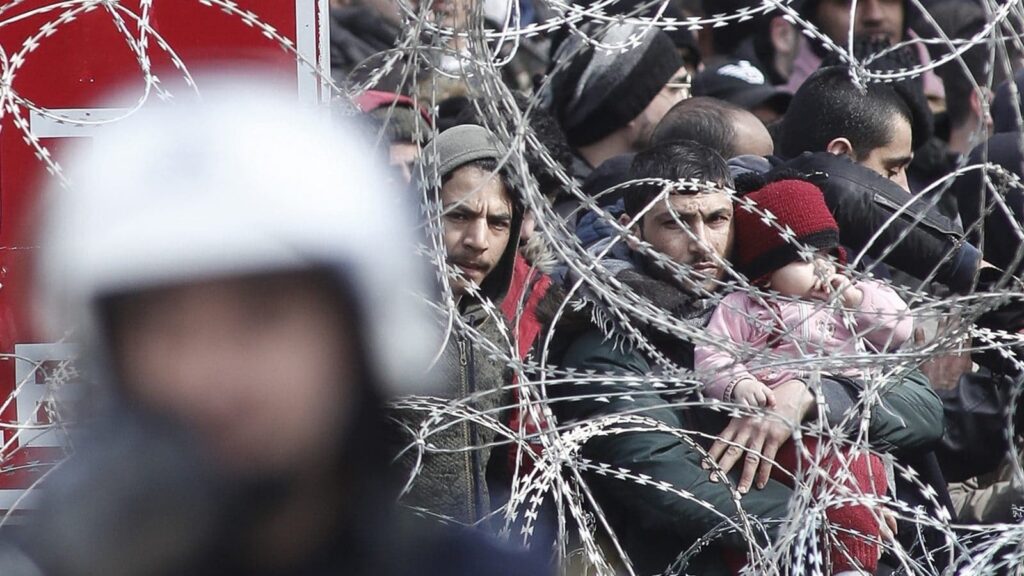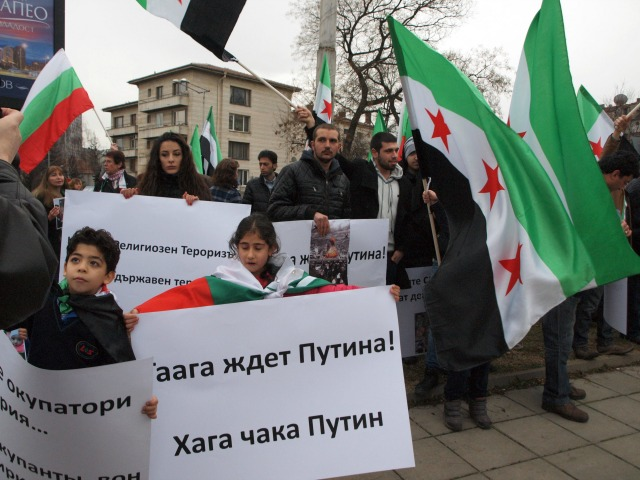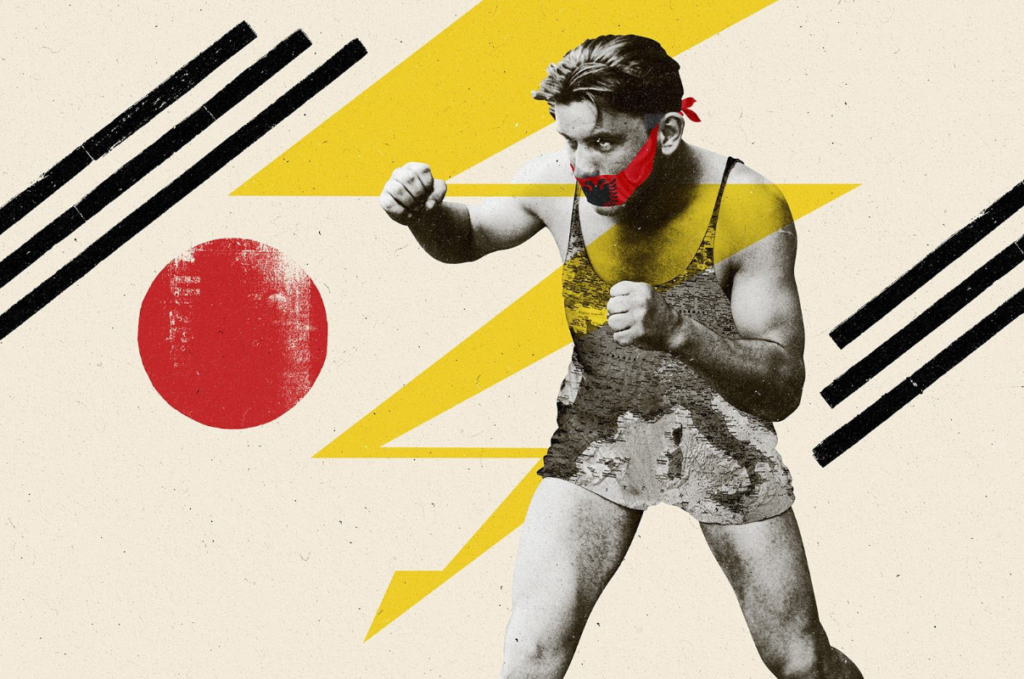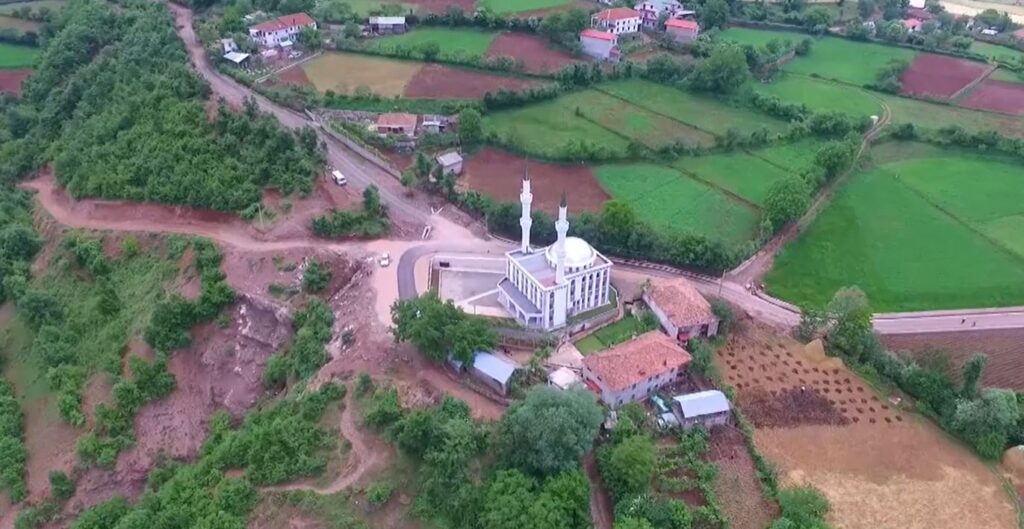Kurti: Association of Serb Municipalities pushed by Belgrade, not Kosovo Serbs
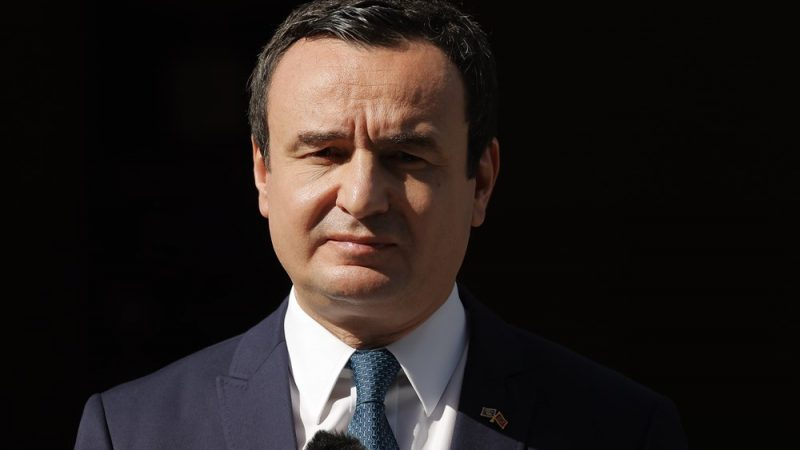
Kosovo’s Prime Minister Albin Kurti doubled down on the decision not to allow the creation of an Association of Serb Municipalities, noting it is unconstitutional and not wanted by the local population, rather only from Belgrade.



